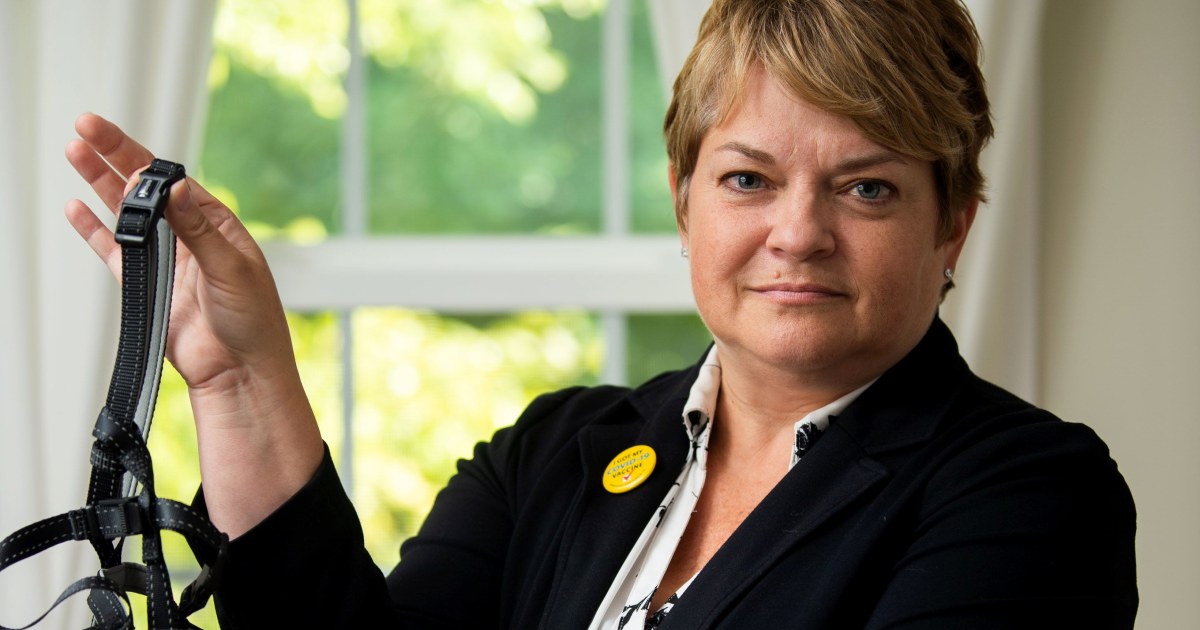
Yep, it’s bleak, says expert who tested 1970s end-of-the-world prediction
A controversial MIT study from 1972 forecast the collapse of civilization – and Gaya Herrington is here to deliver the bad news
A t a UN sustainability meeting several years ago, an economic policy officer came up to Gaya Herrington and introduced himself. Taking her name for a riff on James Lovelock’s earth-as-an-organism Gaia hypothesis, he remarked: “Gaya – that’s not a name, it’s responsibility.”
Herrington, a Dutch sustainability researcher and adviser to the Club of Rome, a Swiss thinktank, has made headlines in recent days after she authored a report that appeared to show a controversial 1970s study predicting the collapse of civilization was – apparently – right on time.
Coming amid a cascade of alarming environmental events, from western US and Siberian wildfires to German floods and a report that suggests the Amazon rainforest may no longer be able to perform as a carbon sink, Herrington’s work predicted the collapse could come around 2040 if current trends held.
Research by Herrington, a rising star in efforts to place data analysis at the center of efforts to curb climate breakdown, affirmed the bleaker scenarios put forward in a landmark 1972 MIT study, The Limits to Growth, that presented various outcomes for what could happen when the growth of industrial civilization collided with finite resources.










/cdn.vox-cdn.com/uploads/chorus_asset/file/23935561/acastro_STK103__04.jpg)
/cdn.vox-cdn.com/uploads/chorus_asset/file/24371483/236494_Mac_mini__2023__AKrales_0066.jpg)







